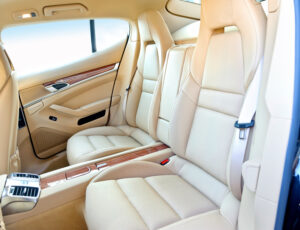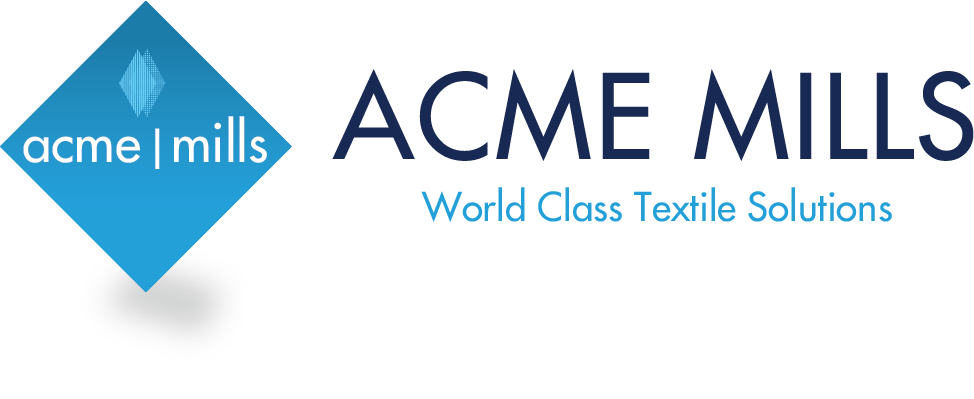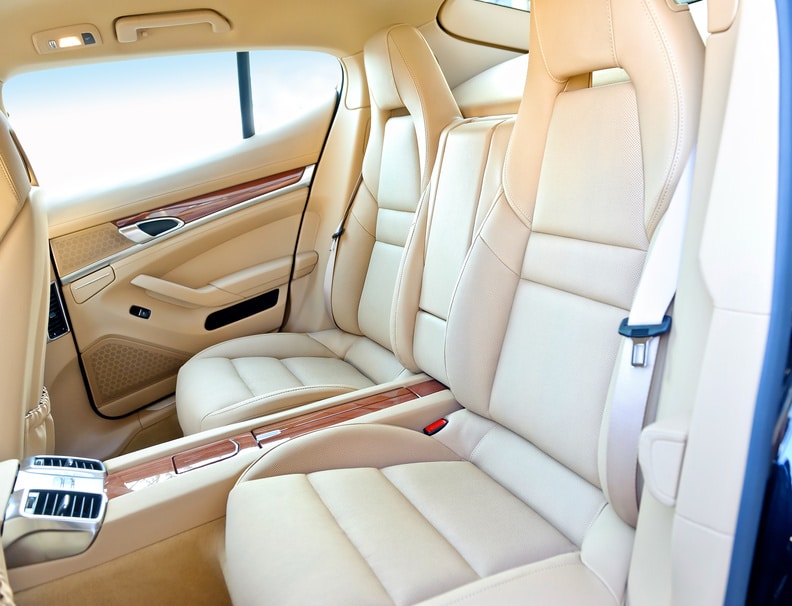 Although most people think that seats are just seats, there’s actually a lot of thought that goes into designing them. You’d be surprised at how industrial textile manufacturers have gotten it down to a science. Here are a few things you might not have known.
Although most people think that seats are just seats, there’s actually a lot of thought that goes into designing them. You’d be surprised at how industrial textile manufacturers have gotten it down to a science. Here are a few things you might not have known.
Airlines
On average, more than 8 million people fly every day. According to data from Expedia, 21% of consumers over the past year have picked window seats, while another 20% have chosen the aisle seat. These seats have been designed in such a way that they’re as space efficient as possible. The pitch of a typical seat in coach — the distance between on point on a seat and the same point on a seat behind — measures from 31 to 35 inches, while the seat widths range from 17 to 19 inches between armrests. Despite being so precise with their seats, airlines still have some work to do, apparently. According to a poll by TripAdvisor, 30% of Americans said comfortable seating was the biggest improvement airlines could make. What’s more, 41% of airline passengers said airlines could also add more legroom as the biggest improvement.
Movie Theaters
Movies are an incredibly popular activity, and bring in tons upon tons of money. Every year, about 62% of American adults catch a flick, while adults ages 21 and older are nearly three times more likely to see a movie than go to a nightclub or bar once a month. Though there are outdoor theaters, many cinemas are actually indoors. The National Association of Theater Owners estimates that there are about 5,317 indoor movie theaters. In order to make sure people come to sit and watch a movie, theaters rely on comfortable, cost-efficient textile solutions. If they didn’t, not as many people would bother going to the movies, and instead wait for the DVD.
Automotive Vehicles
Automotive textile manufacturers have a more important job than you might realize. Sure, they have to provide textile solutions that allow both drivers and passengers to travel in comfort, but they also need to ensure that they’re safe, too. One of the many textile solutions in particular, Dymetrol, provides automotive manufacturers with several key advantages. Dymetrol can reduce weight, save space thanks to its thin design, reduce cost, be recycled, be adapted for an automated installation process, and come with a flame-retardant finish.
Industrial textile solutions are more important than you might think. If you have any questions, feel free to share in the comments.










